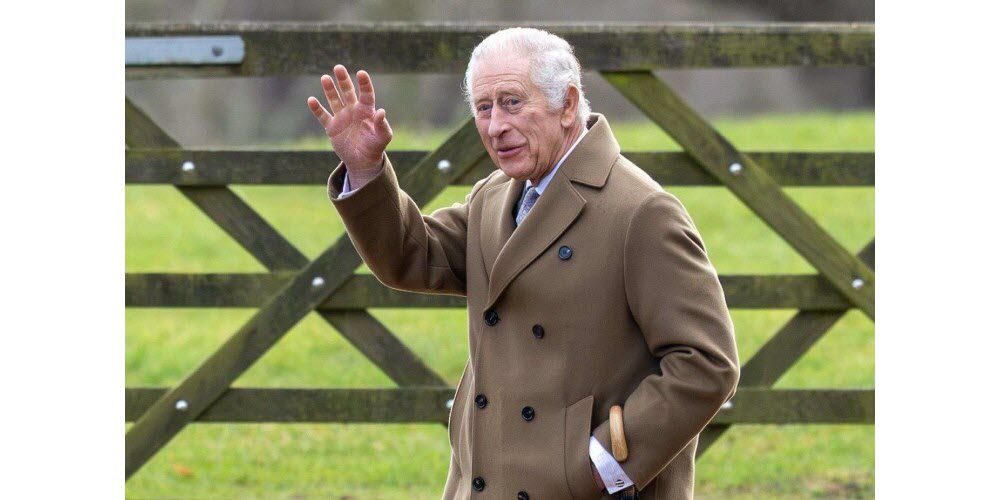Friday January 26: spectacular reversal of the twist of January 6. The President of the European Council Charles Michel has announced that he is finally giving up on running in the European elections at the beginning of June, taking note of the very negative reactions that his candidacy for the seat of MEP has provoked for three weeks. He even denounces “personal attacks”.
Less than three weeks ago, the 48-year-old Belgian official, who has chaired the meetings of heads of state and government of the 27 EU countries for four years, caused astonishment by announcing that he intended to take the head of the list of his party, the Reform Movement (liberal), for the European election. Sure of being elected to Parliament, he planned to leave office prematurely, as early as July.
Dangerous temporary work
Several MEPs had publicly criticized his approach (unprecedented for a President of the European Council). “The captain is leaving the ship in the middle of a storm,” said Dutch MP Sophie in’t Veld, for example, although she is from the same political family (Renew Europe, centrists and liberals). Many diplomats did not fail to deplore, in private, an attack on the prestige and authority of the function.
Without forgetting that according to the rules, in such a case, the interim is provided by the head of government of the member state holding the rotating presidency of the EU. Or, in July, Viktor Orban. The Hungarian Prime Minister has been horrifying his counterparts for months by taking all the EU’s unanimous decisions hostage to obtain concessions.
On February 1, a new electric summit will be held in Brussels, during which European leaders want to validate financial assistance to Ukraine over four years, against the opposition of Viktor Orban.
Sarcastic reactions on the networks
“Personal attacks are increasingly taking precedence over factual arguments,” regretted Charles Michel in a text published on Facebook on Friday, now affirming his desire to carry out his current responsibilities “with determination” until their end, on November 30. On social networks, humorous accounts linked to EU news commented on this about-face with delight.
Scheduled for June 6 to 9 in the 27 EU countries, the European elections will lead to a renewal of the heads of the main EU institutions which must reflect the political balance resulting from the ballot.
Socialist successor
Charles Michel’s surprise announcement at the beginning of January shook up the calendar, raising thorny questions around his succession and launching, in turn, the race for “top jobs” in Brussels.
The Socialists are loudly demanding the post of President of the Council, after having had to “settle” for European diplomacy since 2009. Until the end of 2023, Portuguese Prime Minister António Costa was favorite to succeed Charles Michel, but a corruption scandal in Portugal forced him to resign. Danish Prime Minister Mette Frederiksen does not seem “left” enough to many of her family members. Speculation is therefore rife in Brussels.
On the Commission side, Ursula von der Leyen (EPP, conservatives) is preparing to announce her candidacy for a second term in February. Estonian Prime Minister Kaja Kallas (Renew) has entered into an unofficial campaign for the post of High Representative for Foreign Affairs.
This article is originally published on lesechos.fr








